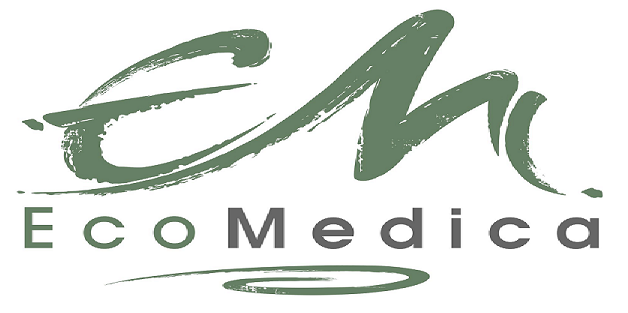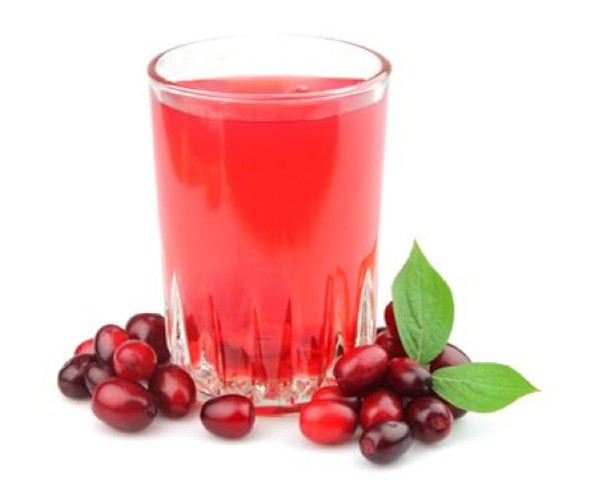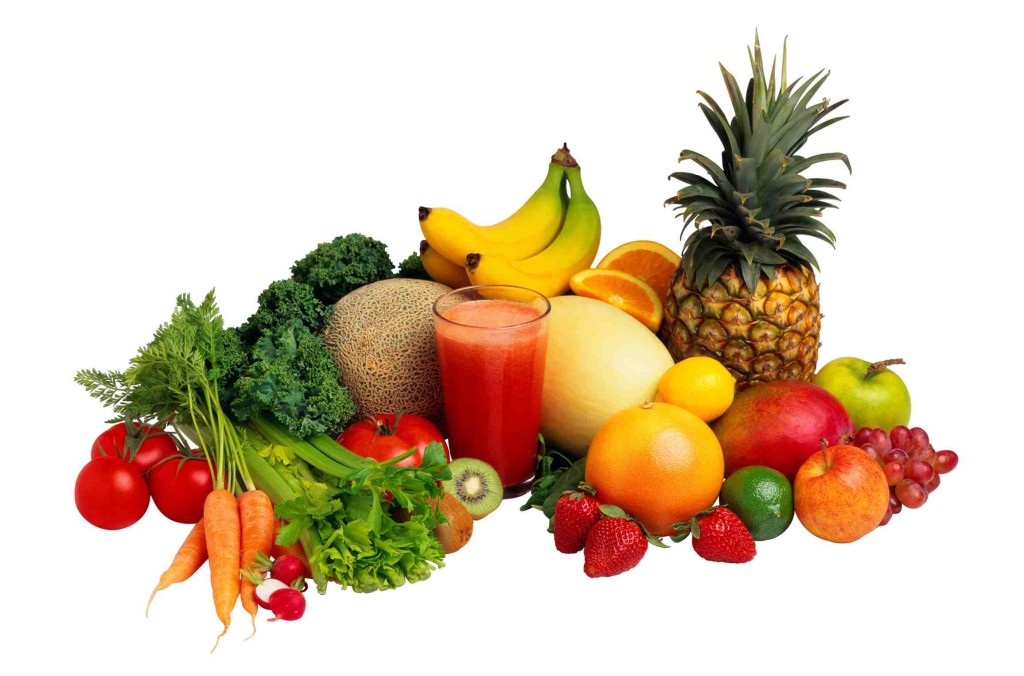Yeast Infection
A yeast infection (Candidiasis) is a fungal infection often caused by Candida albicans. Various reasons that fungal infections occur include: excess sugar and carbohydrates in the diet, alcoholism, mold exposure, allergic constitution, improper replenishing of intestinal flora with probiotics (i.e.,Lactobacillus, Saccromyces) long term use of antibiotics, corticosteroid use, and autoimmune illness. Symptoms associated with a yeast infection are: gas, bloating, cramps, diarrhea alternating with constipation, abdominal pain, brain fog and cognitive difficulties, fatigue, strange rashes all over the body, circular vague rashes on the abdomen under the bra area, anal itching, red raised “beefy” and itchy rashes, odorous vaginal discharge, a thick white coating on the tongue (otherwise known as “thrush”), and toenail fungal infections. Yeast overgrowth is particularly relevant to children diagnosed with “Autism” where Lyme Disease has also been documented.
Yeast infections are frequently observed in conjunction with Lyme Disease as the result of improper antibiotic and probiotic use. Fungal infections complicate the symptom picture of chronic illness related to tick borne infections because there is significant symptom overlap and additional pathogen burden on the immune system.
However, yeast (fungal) infections can be avoided with proper nutrition and natural therapeutic supplementation. Pharmaceutical intervention may be required (antifungal medications) at times to prevent a full blown yeast infection but dietary modification is the MOST important factor to avoid chronic yeast infections.


